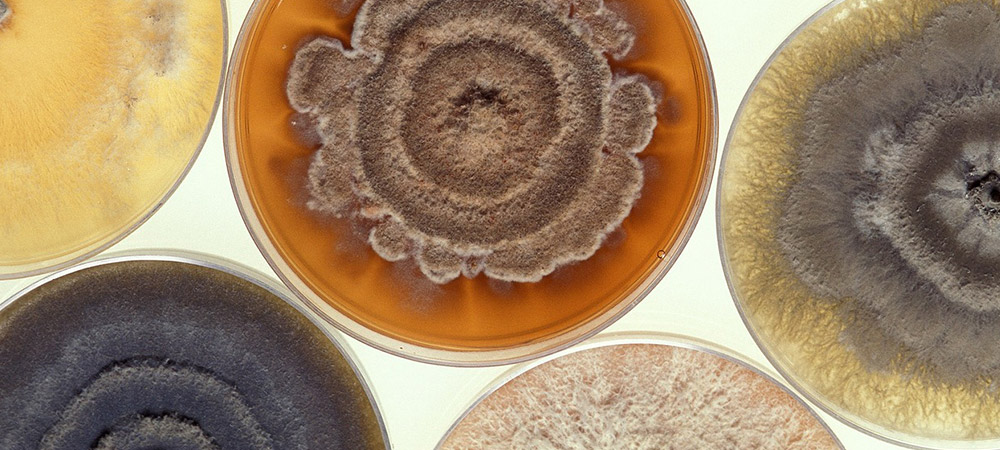An Allergy to Fungus Could be Causing Your Chronic Sinusitis

As if typical cold symptoms aren’t bothersome enough, some people feel facial pressure, general pain and additional mucus due to sinusitis. Unfortunately, while many patients do have a sinus infection, the cause is often misjudged and therefore the treatment prescribed is not effective. Research has found that allergy is to blame in a large percentage of chronic sinusitis cases. Sinusitis seems to be another condition that could be effectively treated with allergy treatment but is often missed in diagnosis.
What is sinusitis?
Sinusitis – often referred to as a sinus infection – is an inflammation of the tissue lining the sinuses. Sinusitis is most often suspected to be a result of the common cold, leading to symptoms such as:
- Facial pressure
- Headaches
- Fever
- Postnasal drip
- Green or gray nasal discharge
- Congestion
- Cough
- Dental pain
There are a few “do it yourself” remedies that can help these symptoms, such as taking an over the counter pain medication or decongestant and using a saline solution or nasal steroids. If your symptoms persist for more than 7-10 days, that’s typically a good sign to head to your doctor’s office to decide on a treatment plan, oftentimes prescribing an antibiotic.
Unfortunately, those antibiotics don’t do the trick for a subset of patients, leaving them feeling as if there’s no cure for their pain. For those with chronic sinus infections, and sinus infections that don’t improve with the use of antibiotics, it may be time to seek out an allergist.
Treatment of chronic sinusitis due to allergy
Thirty seven million people in the U.S. experience chronic sinusitis – meaning the sinuses stay inflamed for at least 12 weeks, even after attempting treatment. Sinusitis is most often attributed to bacteria and therefore treated with antibiotics, but researchers at the Mayo Clinic discovered that most cases are actually due to a fungal allergy. In a study of 210 patients experiencing sinusitis, fungus was found in 96% of mucus. This led researchers to believe about 80% of chronic sinusitis cases are truly due to allergy, not bacteria, and the antibiotic treatment commonly used is indeed ineffective.
The research states, “Antibiotics and over-the-counter decongestants are widely used to treat chronic sinusitis. In most cases, antibiotics are not effective for chronic sinusitis because they target bacteria, not fungi. The over-the-counter drugs may offer some relief of symptoms, but they have no effect on the inflammation.” Instead, treatment of the allergy itself is most beneficial.
Knowing that most chronic sinusitis cases are caused by allergy has led allergists and doctors alike to pay close attention to the two conditions and their relation to each other. Allergy testing is to be completed in order to uncover the offending allergen, specifically the offending mold or fungus. Through Allergychoices, individually tailored allergy drops are prescribed to help build tolerance to the substance causing chronic symptoms. This safe and effective treatment has proven to help those with mild to severe allergic conditions, chronic sinusitis included.
One of the most common fungi, and most popular allergens, is mold because mold is found everywhere, indoors, outdoors, and year round. Because of this, patients have a long season of exposure, which can definitely cause chronic symptoms in the sinuses. You can find more about mold, along with tips for combating it and allergy drop treatment to build tolerance in our blog Mold Allergies: When pollen is gone and symptoms drag on.
